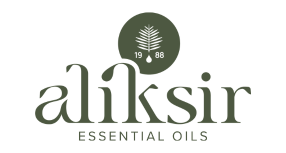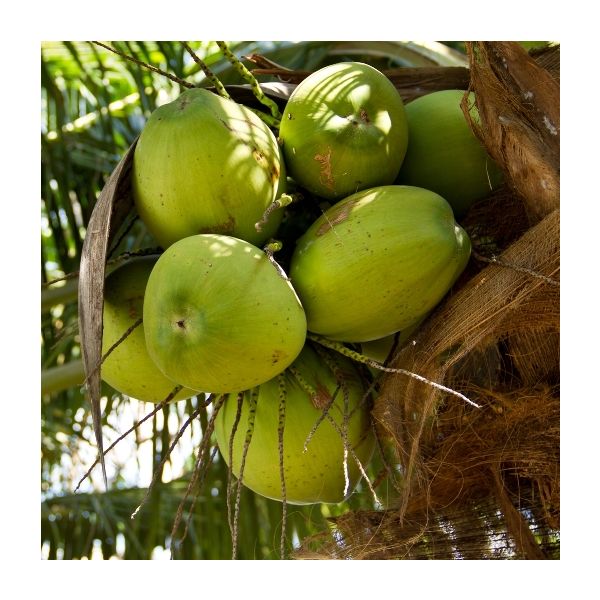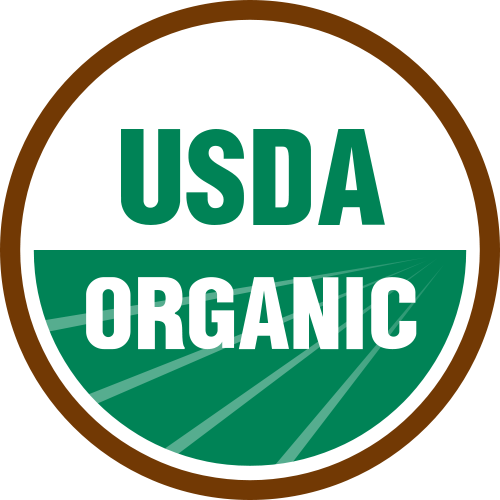| Latin name: | Cocos nucifera |
| English name: | Coconut |
| French name: | Noix de coco |
| Family: | Arecaceae (synonym: palmaceae) |
| Country of origin: | Philippines, Sri Lanka |
History and origin
Edible coconut flesh is also known as copra. Copra oil is extracted from the flesh of the nut, or coconut oil, which has a solid texture at room temperature because of its high levels of saturated fatty acids. Copra oil is mainly used by the food industry for making pastries, candies and for frying, and it is also sometimes hydrogenated or partially hydrogenated, which makes it even more solid. The word "coco" appeared in the language at the beginning of the 16th century. It comes from the Portuguese and Spanish word "coco" which means approximately bogeyman, monkey, dwarf or ghost, by referring to the fact that the shell reminds of a hairy face. The word "copra" comes from English and Portuguese, borrowed from Tamil dialect, "koppara". It refers more specifically to shelled and dried coconut. Green or immature, the nut contains about half a litre of a milky liquid (coconut water or albumen). This liquid becomes flesh as it matures. The flesh is usually dried with sun or heat to be sold under the name of copra. Commercial coconut milk and cream are made from this flesh ground with water, then filtered. Coconut oil (or coconut butter as it is solid at room temperature) is extracted from copra or fresh flesh.







